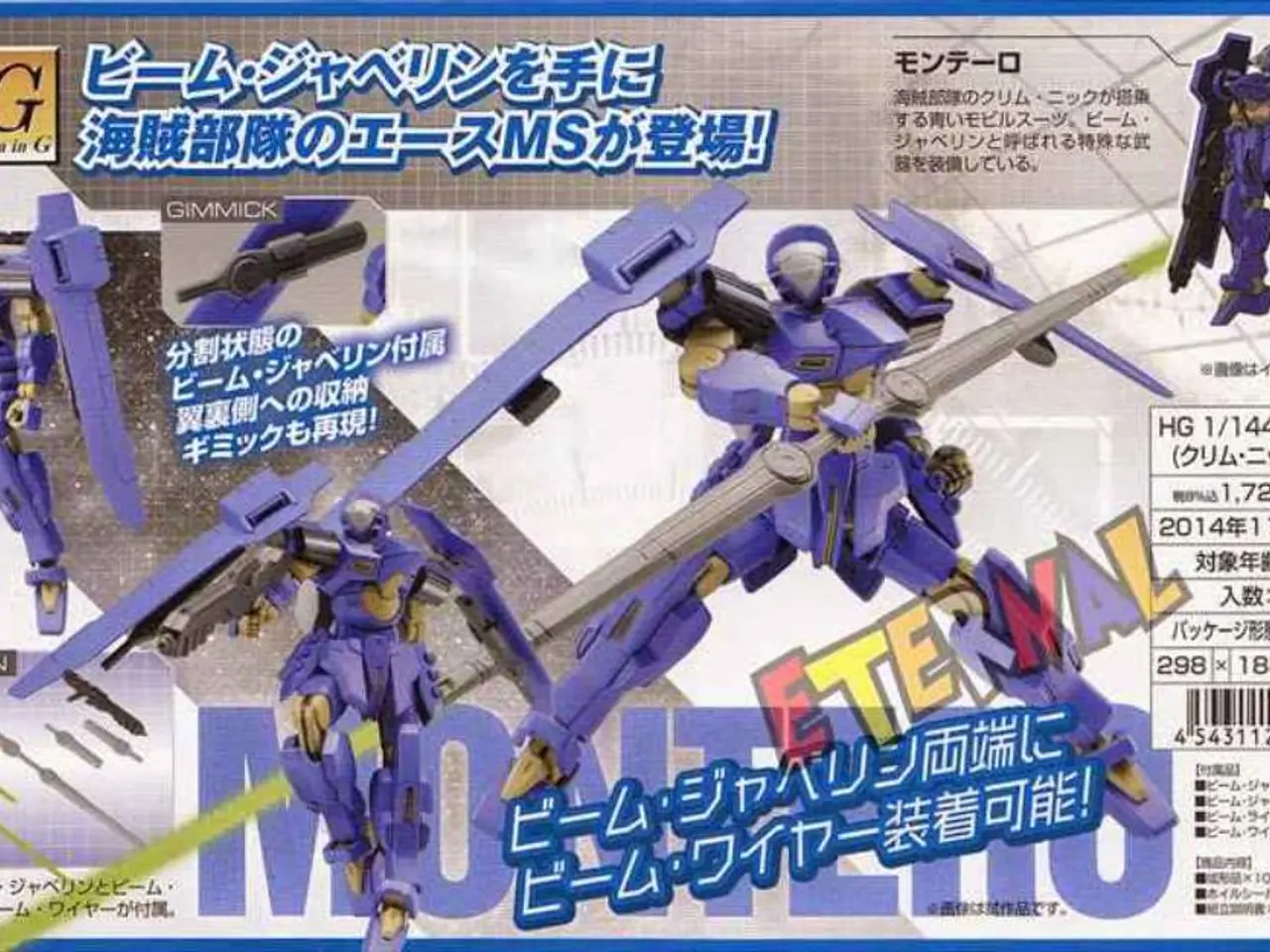Small business survival in Michigan is under threat due to Trump's tariffs, according to a local manufacturer.
=========================================================================
President Trump's tariffs have dealt a significant blow to small businesses, with Michigan-based Blitz Proto feeling the impact acutely. This small manufacturing firm, specialising in prototypes involving electronics, is grappling with escalating costs due to tariffs on imported electronic parts from China and increased costs for raw materials like aluminium and steel[1][3].
The tariff-induced cost increase has forced Blitz Proto to frequently revise and shorten quote expiration times from one month to one week, due to volatile and unpredictable pricing[3]. This volatility makes it challenging to plan and meet customer deadlines, leading some customers to seek services elsewhere due to higher prices and longer timelines.
The disproportionate impact of tariffs on small businesses is evident. Operating on thin margins, these businesses have less ability to absorb cost shocks compared to larger competitors. Consequently, they face uncertainty, cut back on hiring, and experience complications with inventory and financial planning, leading to layoffs and reduced competitiveness[1][2].
Blitz Proto's CEO, Carrin Harris, has voiced concerns about the tariffs' impact on the company's future. She has expressed scepticism about President Trump's claim that these tariffs would bring manufacturing back to the U.S[2]. Harris noted that her company struggles with taxes in general, and another tax (tariff) is devastating to their company[4].
Moreover, smaller business partners of Blitz Proto are also struggling to cope with the tariffs. The Yale Budget Lab estimated that these new trade policies could cost the average American household an additional $2,400 annually[5]. Ford estimates that the tariffs will cost them $2 billion this year[6].
In the broader context, negotiations are still ongoing between Canada and Mexico for their own trade deals, and they are not yet subject to the new tariffs. However, China faces 30% tariffs under a separate trade truce, while India's total tariff rate rose to 50% due to its purchase of Russian oil and energy[7].
In conclusion, President Trump’s tariffs have imposed higher input costs, disrupted pricing stability, and threatened customer relationships for Blitz Proto and similar small firms, creating a crisis for their operation and survival in a competitive market[1][2][3].
[1] - "Tariffs are hurting American small businesses" - The Hill [2] - "Carrin Harris, CEO of Blitz Proto, expresses skepticism about Trump's tariff policy" - Detroit Free Press [3] - "Blitz Proto struggles with rising costs due to tariffs" - Crain's Detroit Business [4] - "Harris: Tariffs are devastating to our company" - Michigan Radio [5] - "Yale Budget Lab: Trump's tariffs could cost the average American household $2,400 annually" - Yale Daily News [6] - "Ford estimates $2 billion cost from Trump's tariffs" - Reuters [7] - "Global trade: The impact of tariffs on various countries" - The Economist [7] - "Trade truce: China and India face different tariff rates" - The Wall Street Journal
- The escalating costs due to tariffs on imported parts and raw materials, such as aluminum and steel, have forced small businesses like Blitz Proto to reconsider their business strategies, impacting their operational costs, pricing stability, and customer relationships.
- The disproportionate impact of tariffs on small businesses extends beyond their own entities, affecting their business partners and threatening the economy, as estimated by the Yale Budget Lab, which predicts an additional $2,400 annual cost to the average American household.
- Politics and finance intertwine in the realm of tariffs, as President Trump's tariff policy is not only affecting small businesses' operations and competitiveness but also influencing broader economic aspects, such as affecting global trade relationships and industry competitiveness.




